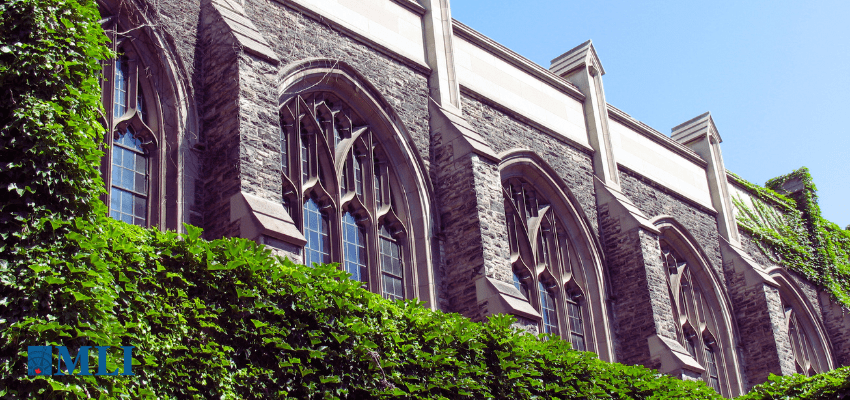This article originally appeared in the National Post.
By Dan Pujdak, June 10, 2024
Apologists for anti-Israeli encampments, which have increasingly become anti-Jewish movements, are publishing a troubling new argument in Canada’s op-ed columns: that student protestors, even when misinformed, are usually on the moral side of history. Not only is this argument ahistorical, but it’s also offensive and irresponsibly lowers the bar of accountability for public post-secondary institutions and their attendees.
The arguments advanced by multiple Toronto Star contributors have gone something like this: students have the luxury of living in the world without being part of it, so their disconnection allows them to see with greater moral clarity than those of us who are bogged down in the complications of modern life. They have time to think — and that means they are usually right. For evidence of student enlightenment, see the American student protest movement of the 1960s.
The rest of us can’t escape the fact that our publicly funded universities are increasingly radicalized and disconnected from society. It is precisely student and professor disconnection from reality — and reliance on their own echo chamber — that leads us to be skeptical of their demands. As history has shown, this echo chamber can be leveraged to radicalize students and become a danger to society.
Modern campus rhetoric tells us our country and society are bad because of Canadian settler-colonialism. Most Canadians, including immigrants and those whose families fled the tyrannical regimes some students now appear to support, would disagree with the ungenerous assessments of Canada made by academics and their acolytes. Yes, we have shameful portions of our history that we must reconcile, but historical sins do not make our existence morally wrong. The argument has extended to Israel — never mind its multimillennial history as the Jewish homeland — where most would also agree that there are difficult things to reconcile notwithstanding the undeniable net positives that come with modern democracy.
Radical campus views — resulting from ideological, puritanical thinking — have led to tragic outcomes throughout history. Some student-led movements have undermined tolerance and plurality in society: the German Student Union led “action against the un-German spirit” in 1933, best remembered as Nazi Germany’s mass book burnings. During the Iranian revolution in the 1970s, university students took arms in the name of a future Islamic republic, triggering full-scale riots in the city. Students also overran the United States embassy in 1979, triggering a hostage crisis. Students were front and centre in Charlottesville, Va. during the city’s vile, racist Unite the Right rally of 2017, which included Nazi-era slogans and Confederate flags.
When student protestors have been right in spirit, they have also shown a tendency to veer toward an extremism that is dangerous to minimize. Student protestors in the 1960s and ’70s were morally correct to call for desegregation, civil rights and military withdrawal from Vietnam. Students for a Democratic Society, a student activist organization, was a key organizer in these movements — that is, until they splintered into extremist groups. Their off-shoots included the Weather Underground, a self-described anti-imperialist and anti-racist group that launched an arson and bombing campaign across the U.S. in the 1970s.
Student protests have been effective at raising greater awareness about a niche view of the war in Gaza — even if it is ahistorical and misinformed. No one can fault protestors for being concerned about civilian welfare, however, current student protests have not aligned with the values of peace and tolerance. The prevalence of Jew hatred, along with pro-Ayatollah and pro-Hamas rhetoric, as well as the refusal to engage with dissenting views, signals an anti-pluralistic radicalism that detracts from any moral high ground students could have. They are correct that human suffering is a tragedy — and it is also tragic their young minds see no issue with racial and religious discrimination or the glorification of terrorism and theocracy.
If students want to make their point through civil disobedience and protest, they’re free to do so. Free speech remains a Canadian value. However, if apologists want student movements to be taken seriously, they must acknowledge university students are vote-wielding adults capable of making good and bad decisions. Such apologists should forcefully advocate that protestors use their access to public education to learn facts and grow critical-thinking skills so they can make the right choices.
Dan Pujdak is a Senior Fellow of the Macdonald-Laurier Institute and the Chief Strategy Officer of Blackbird Strategies. He previously served as the Director of Policy to the Minister of Crown-Indigenous Relations and Northern Affairs Canada.






